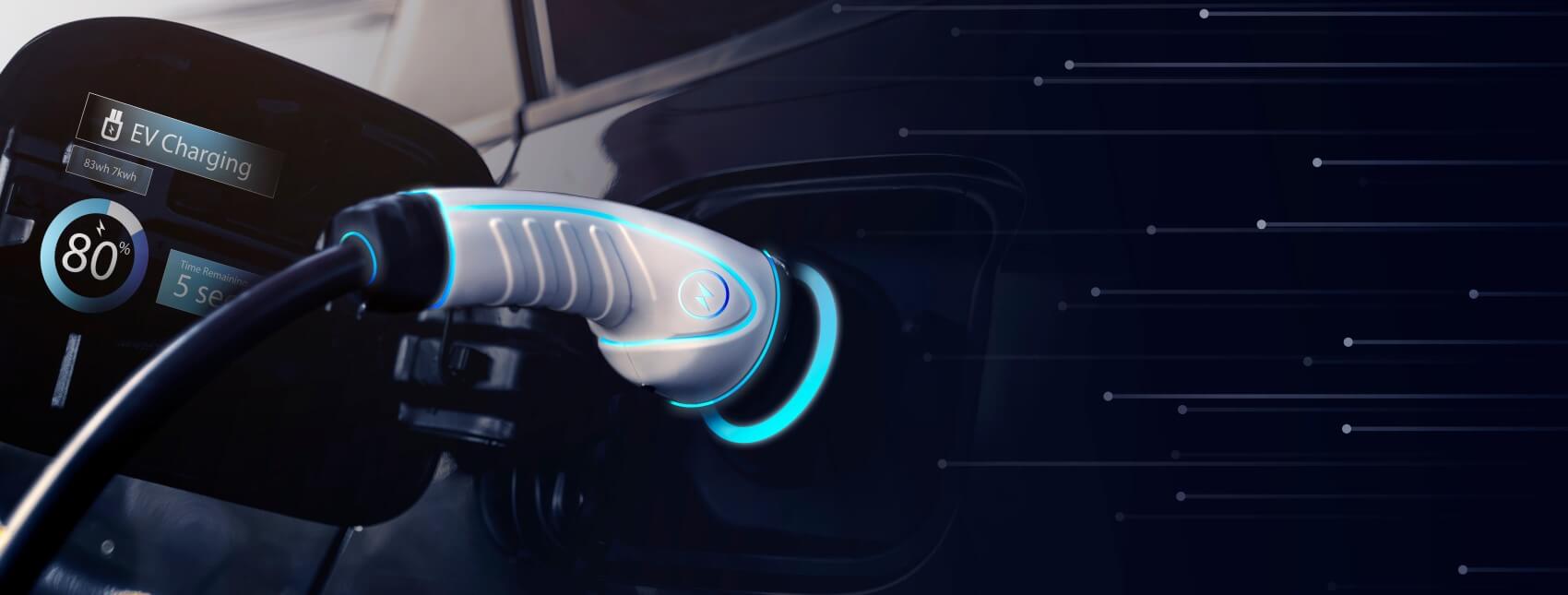
Electric vehicles (EVs) are becoming increasingly popular in the US and around the world. At Ray Price Honda, many of our customers ask us questions about electric vehicle ownership and maintenance. That's why we created these electric vehicle FAQs!
We want to provide answers for our friends around East Stroudsburg, Bethlehem, Stroudsburg, Jim Thorpe, and Easton, Pennsylvania. Keep reading these electric vehicle FAQs to learn more.
How Fast Do Electric Vehicles Charge?
First up in our electric vehicle FAQs, let's talk about charging. Many customers ask us how EVs charge and how long it takes. Our answer is that charging your electric car is easier than you might think. If you can charge your phone overnight, you can handle EV charging.
When you buy an EV, you can get an at-home charging station installed to power up your ride easily. Level 1 charging with a standard home power outlet will get you about four miles of driving for every hour spent charging.
Additionally, DC fast charging stations are available in many locations nationwide. These public stations can charge your EV quickly, adding approximately 150 miles of range in as little as half an hour.
What Range Can I Expect?
Electric vehicle range refers to the maximum distance an electric vehicle can travel on a single charge. The typical range of an electric car can vary, depending on factors like the vehicle's battery capacity, driving conditions, weather, and driving habits.
Entry-level EVs usually have a range of around 100 to 150 miles, suitable for daily commuting and shorter trips. Many models offer a range of up to 250 miles, providing more flexibility for road trips and longer journeys. Some can even exceed 300 miles on a single charge.
It's important to note that the EV range continuously improves as battery technology advances. Newer models come with extended ranges, making long-distance travel more feasible for EV owners, and fast-charging stations around the country give you the freedom to power up while traveling.
What About Maintenance Costs?
Some drivers are pleasantly surprised that EVs have lower maintenance costs than traditional gas models. Why is that? It's because EVs have fewer moving parts compared to conventional vehicles. They also don't require maintenance tasks like oil changes or air filter replacements.
Tire maintenance, suspension, and other general vehicle components still require regular attention, like any other automobile. While you still need to take your EV in for routine maintenance appointments, you can relax knowing your EV requires fewer forms of maintenance than gas vehicles.
How Do EVs Help the Environment?
If you're interested in driving an electric vehicle, taking care of the environment is likely important to you. You might be wondering, how do EVs help the environment?
EVs produce zero tailpipe emissions, which helps improve air quality and reduce greenhouse gas emissions. Additionally, EVs are more energy-efficient than traditional internal combustion engine vehicles, as they convert more stored energy into motion.
As battery technology improves, the environmental impact of manufacturing and disposing of EV batteries is minimized through recycling and advancements in sustainable materials. Adopting electric vehicles offers a greener transportation option for drivers like you.
Contact Us About Our Electric Vehicle FAQs
We at Ray Price Honda hope these electric vehicle FAQs helped you understand EVs. If you have any further questions and live near East Stroudsburg, Bethlehem, Stroudsburg, Jim Thorpe, or Easton, PA, you can visit us or contact us online today to talk to our team.
We look forward to hearing from you!
Make an Inquiry
* Indicates a required field
Contact
Ray Price Honda
6310 Route 209
Stroudsburg, PA 18360
- Sales: 570-664-0860
- Service: 570-664-0898
- Parts: 570-664-0232
Hours
- Monday 9:00AM - 7:00PM
- Tuesday 9:00AM - 7:00PM
- Wednesday 9:00AM - 7:00PM
- Thursday 9:00AM - 7:00PM
- Friday 9:00AM - 7:00PM
- Saturday 9:00AM - 4:00PM
- Sunday Closed

